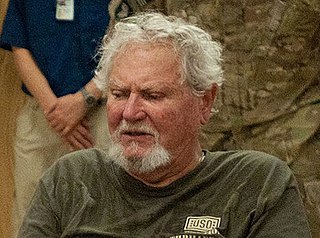A Quote by Danzy Senna
I definitely feel like when I write a book it's not my job to police or guide the readers. The book and the characters don't belong to me anymore. If that makes sense.
Related Quotes
I'm no longer religious, but the Bible fascinates me. Hardly anyone reads it anymore, but it's got everything: it's a book of poetry, it's a book of principle, it's a book of stories, and of myths and of epic tales, a book of histories and a book of fictions, of riddles, fables, parables and allegories.
I think, for me, there's The Book I Should Write and The Book I Wanted to Write - and they weren't the same book. The Book I Should Write should be realistic, since I studied English Lit. It should be cultural. It should reflect where I am today. The Book I Wanted to Write would probably include flying women, magic, and all of that.
If you want to write about a person who isn't nice, people say, "This is a bad book. It's about somebody I couldn't stand." But that's not the point. You don't have to like a character to like a book. Most of the time, people would misjudge and say, "I didn't like the book." No, you didn't like the character. That doesn't make it any less interesting of a book. In fact, to me, it makes it more interesting.
The way I feel about every book is this: you don't finish it, you abandon it. All of my books have in some sense failed, otherwise I wouldn't write another one. If I wrote the perfect book, I wouldn't have to write again, and I wouldn't want to. That's not true for everyone, but it's true for me. I could walk away then. But so far I haven't managed to do it.
You have to surrender to your mediocrity, and just write. Because it's hard, really hard, to write even a crappy book. But it's better to write a book that kind of sucks rather than no book at all, as you wait around to magically become Faulkner. No one is going to write your book for you and you can't write anybody's book but your own.
A reader is entitled to believe what he or she believes is consonant with the facts of the book. It is not unusual that readers take away something that is spiritually at variance from what I myself experienced. That's not to say readers make up the book they want. We all have to agree on the facts. But readers bring their histories and all sets of longings. A book will pluck the strings of those longings differently among different readers.







































